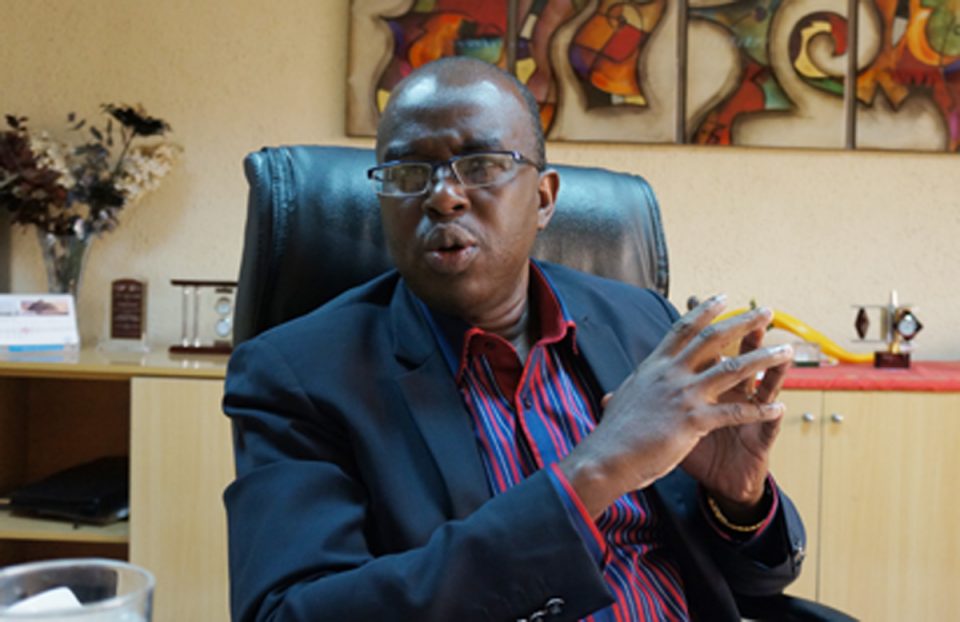The Nigeria Employers Consultative Association has called on the fiscal and monetary authorities to develop a more aggressive and decisive policies to sustain economic recovery in the wake of further decrease in oil price.
The Director-General of NECA, Dr Timothy Olawale, made the call on Monday in a statement made available to our correspondent.
He said the association made this call because it anticipated a contraction in the second quarter, as the economy witnessed a six-week lockdown in the commercial nerve centres of the country.
Olawale noted that similar trend was witnessed in the global economy, except China, whose consumption of fuel due to opening of industrial hubs and transportation could portend mild positive growth pattern due to demand for crude oil.
The statement read in part, “We anticipate contraction in the second quarter, as the economy witnessed a six-week lockdown on the commercial nerves of the country.
“Similar trend was witnessed in the global economy, except China, whose consumption of fuel due to opening of industrial hubs and transportation could portend mild positive growth pattern due to demand for crude oil.
“There is the need for the fiscal and monetary authorities to develop a more aggressive and decisive policies to sustain an economic recovery in the wake of further low oil prices.”
The NECA boss reiterated his call for stimulus packages for the worst-hit sectors of the economy in order to avoid contraction.
He stated, “We believe that more coordinated stimulus packages targeted at the worst-hit sectors of the economy would sustain the economy from experiencing contraction of 8.9 per cent as predicted.”
He noted that Nigeria’s economy faced grave threat, like every other economy in the world, most especially oil-dependent economies.
Olawale said this was an indication of the headwinds the economy was facing from the coronavirus pandemic and low crude price occasioning a fall in government revenue.
He said the slowdown in the Gross Domestic Product growth reflected the earliest effects of the disruptions on non-oil economy, coupled with an escalating war of words between the US and China which resulted in low demand for oil.
He said, “The lockdown of the Nigerian economy commenced in April due to the pandemic. Therefore, the real impact of COVID-19 on the economy would be felt in the Q2 GDP result.”



